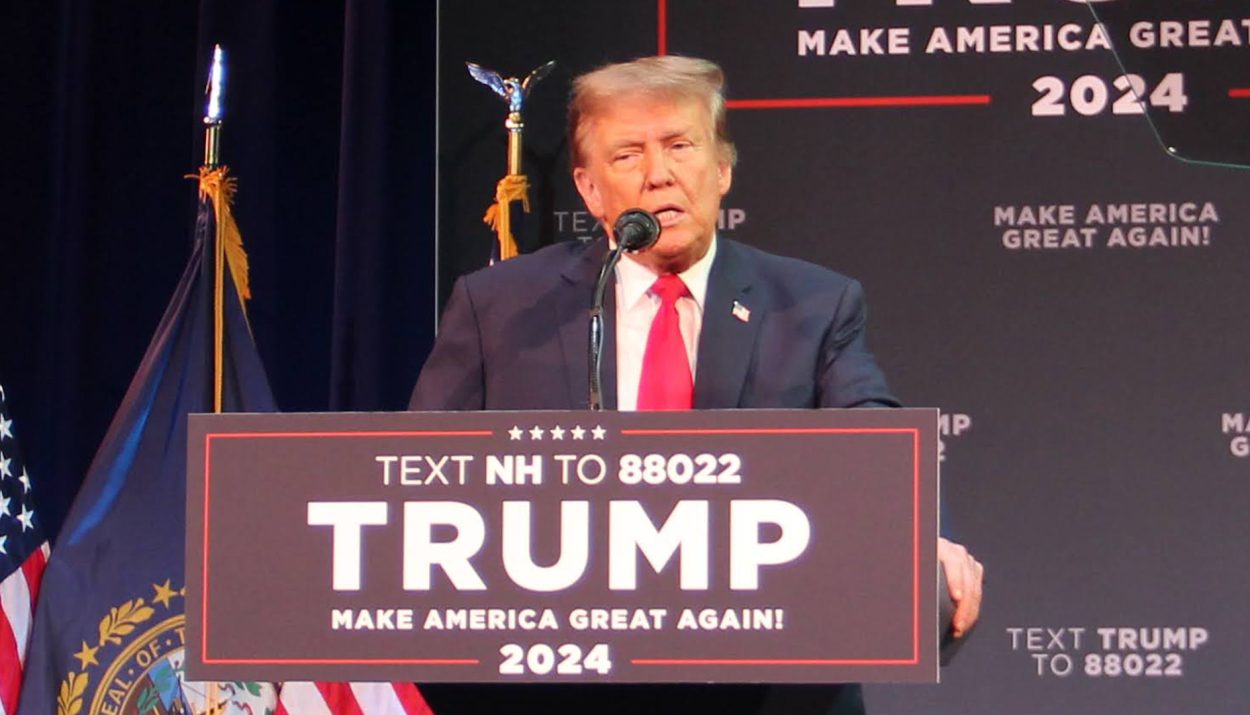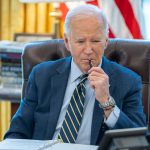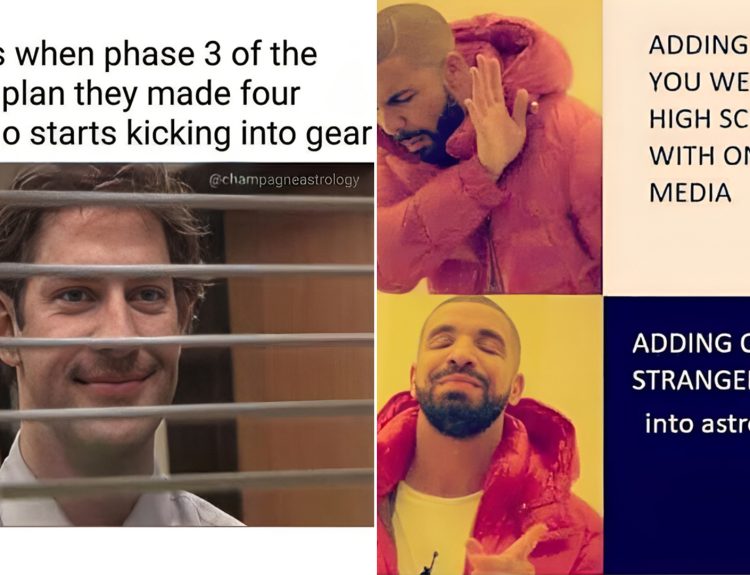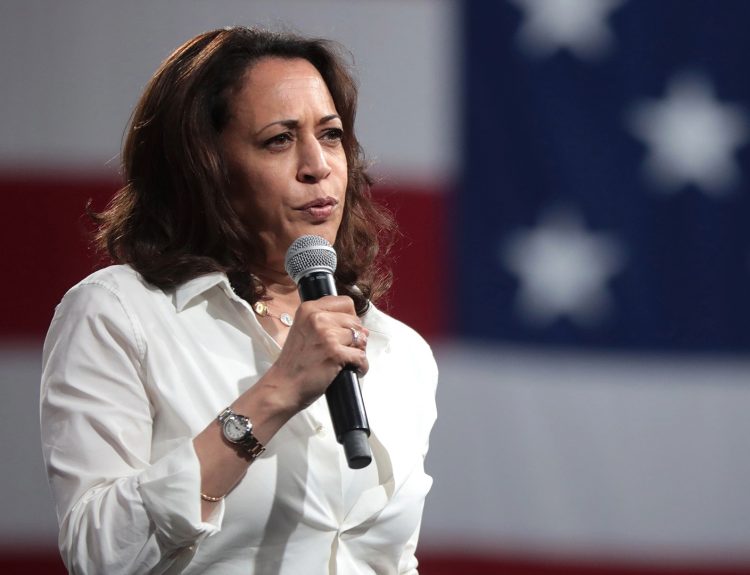Donald Trump’s legal team has been prohibited from asking voters about their voting history, intentions, and previous political contributions. These are the restrictions imposed by presiding Judge Juan Merchan in Trump’s upcoming hush-money jury trial. These rules are applicable to the prosecution as well.
Due to these rules, supporters of either the Republican or the Democratic party will be able to serve on the jury as long as the court is confident they can remain impartial and base their judgment solely on trial evidence.
Charges for Falsifying Business Records
Trump is facing 34 charges of falsifying business records in the first degree. This was allegedly done to conceal a hush-money payment made to Stormy Daniels, an ex-adult-film actress, before the 2016 presidential elections.
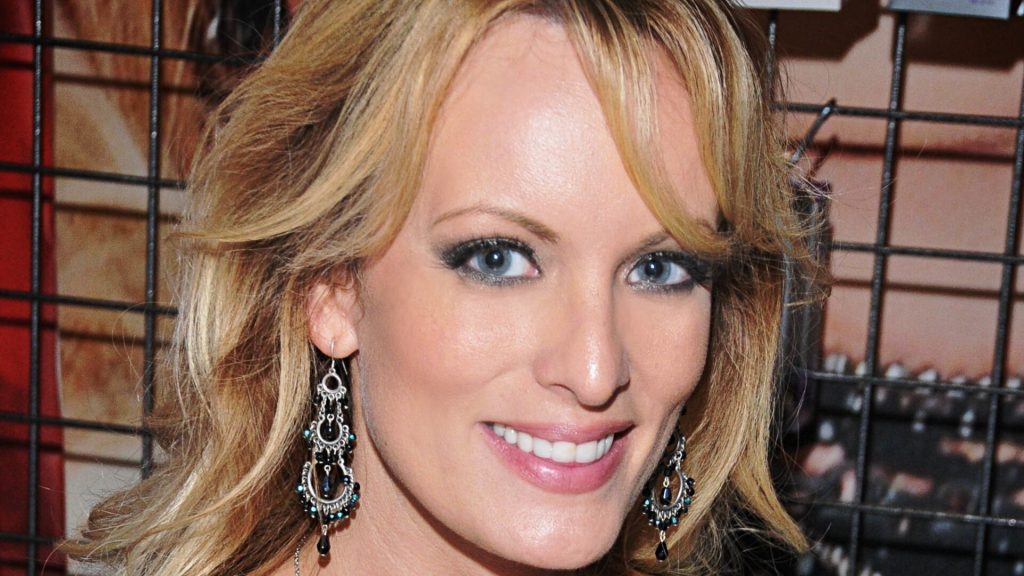
Daniels alleges that she had a sexual encounter with the former president back in 2006 – a claim that Trump has strongly denied.
The Trial Will Begin On April 15
On April 8, Merchan communicated with the lawyers representing both the defense and the prosecution to outline the jury selection process. Trial will commence on April 15 in Manhattan.

The former president has pleaded not guilty to all the charges in this case.
Questions For Jurors
The letter sent by Merchan lists 42 questions that are to be asked to every single potential juror after consultations with both the defense and the prosecution legal terms.
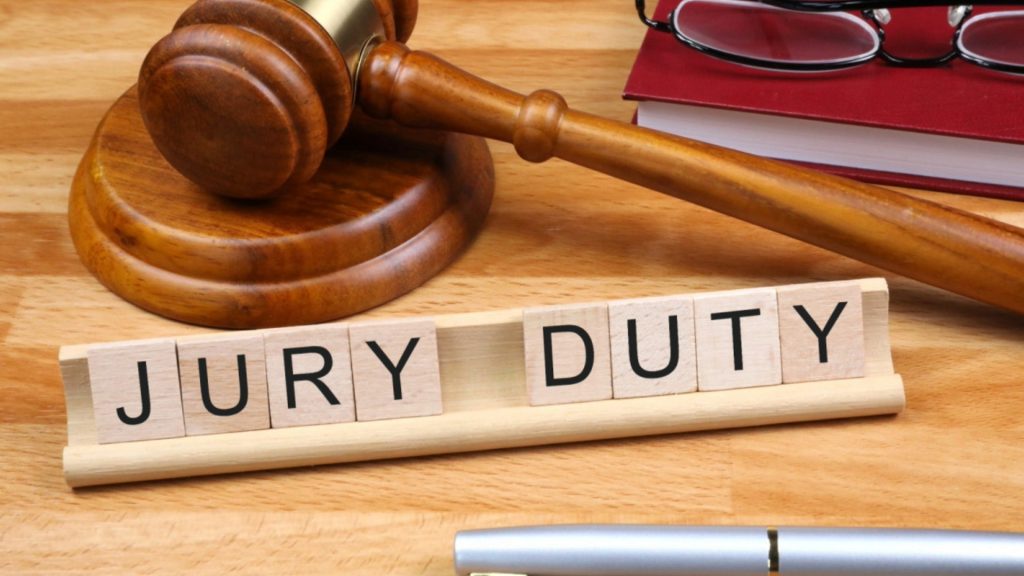
The judge highlighted that the questionnaire has been intentionally designed to be “broad and exhaustive.” It has been compiled with the suggestions from both parties.
Personal Likes and Dislikes of Jurors Don’t Matter
Merchan rebutted a claim by Trump’s attorneys that the political affiliations of potential jurors and their opinions of Trump are crucial for jury selection.

Merchan stated, “Contrary to defense counsel’s arguments, the purpose of jury selection is not to determine whether a prospective juror likes or does not like one of the parties.”
Merchan Said “Such Questions Are Irrelevant”
Responding more elaborately to the claims made by Trump’s legal team, Merchan said, “Such questions are irrelevant because they do not go to the issue of the prospective juror’s qualifications.”

Merchan added, “The ultimate issue is whether the prospective juror can ensure us that they will set aside any personal feelings or biases and render a decision that is based on the evidence and the law.”
No Questions Regarding Voting History
Merchan stated, “There are no questions asking prospective jurors whom they voted for or intend to vote for, or whom they have made political contributions to.”
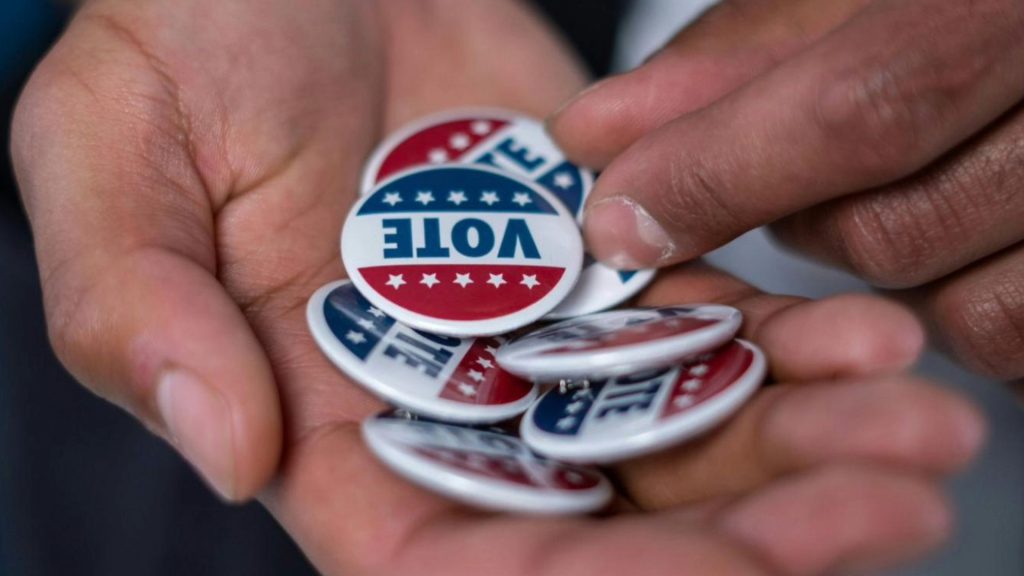
Merchan added further, “Nor are jurors asked about their specific political party registration, though the answer to that question may easily be gleaned from the response to the other questions.”
Intrusive Questions Are Not Allowed
Merchan’s letter also warned against asking intrusive questions.

The letter said, “Counsel is forewarned not to seek to expand the degree of intrusion beyond what is relevant and has already been approved.”
Important Questions For Jurors
One of the important questions on the list is, “Do you have any strong opinions or firmly held beliefs about whether a former president may be criminally charged in a state court?”
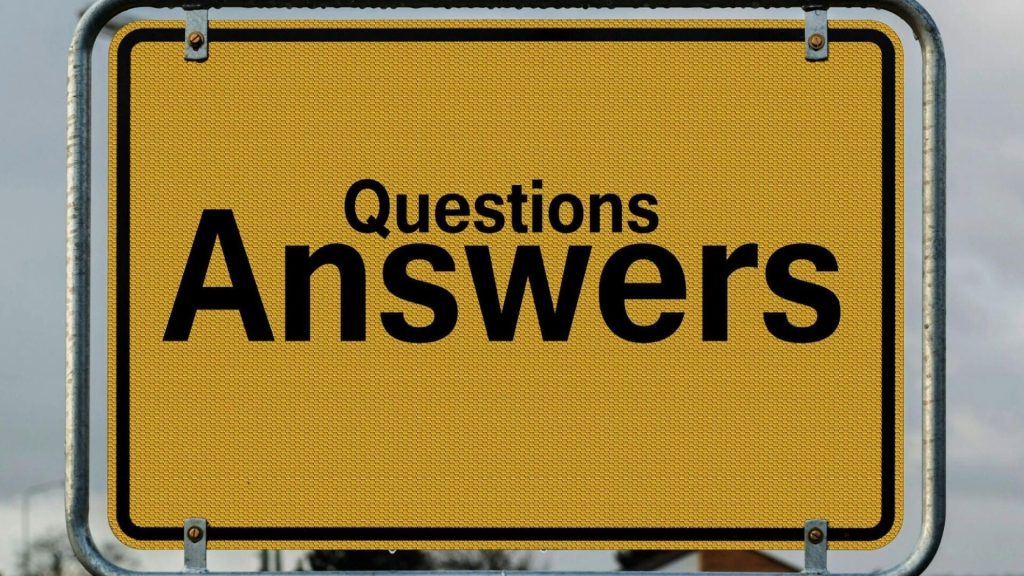
Another question asks, “Do you have any feelings about how Mr. Trump is being treated in this case?”
Trump On Jury Trial While Being a Presidential Candidate
Trump’s jury trial will be the very first case of a former U.S. president facing a criminal trial. Trump is also currently campaigning for the 2024 presidential elections to secure another term in office.
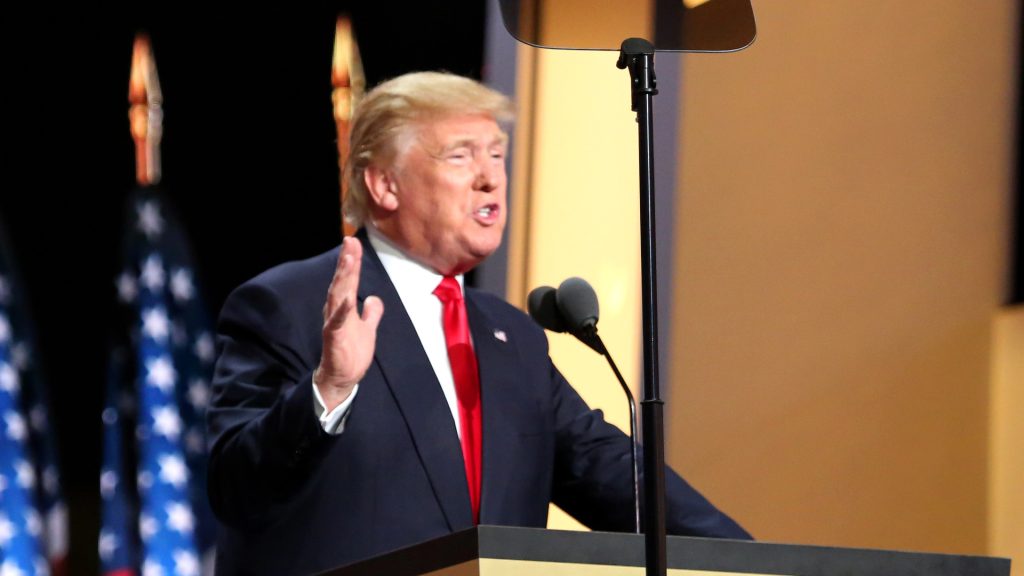
One of the questions on the list asks, “Do you have any strong opinions or firmly held beliefs about former President Donald Trump or the fact that he is a current candidate for president that would interfere with your ability to be a fair or impartial juror?”
Individual Inquiry Won’t Be Initiated
Jurors are going to be asked basic preliminary questions like their marital status, employment status, criminal history, personal hobbies, and also if they are facing any scheduling conflicts.

Merchan clarified, “This Court finds, after careful consideration of the circumstances of this case, that requiring individual inquiry of every prospective juror who has already self-identified that they cannot be fair and impartial, or that they are otherwise unable to serve, is unnecessary, time-consuming and of no benefit.”
Trial Summary
Merchan has also shared the summary he will be reading to the jurors next week.
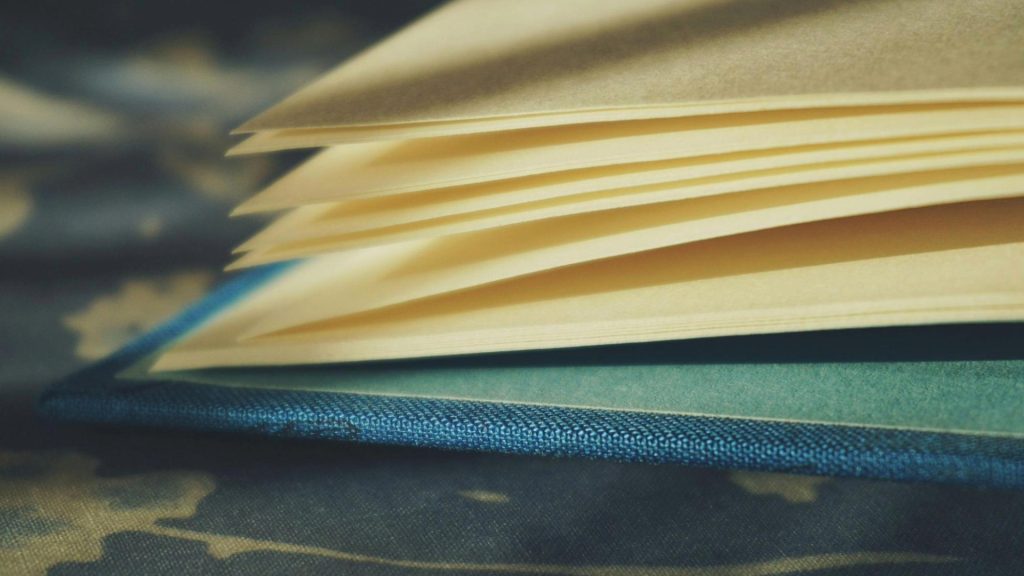
The summary offers a preview of the upcoming months-long trial.
Allegations Against Trump
Merchan’s summary states, “The allegations are in substance that Donald Trump falsified business records to conceal an agreement with others to unlawfully influence the 2016 election.”
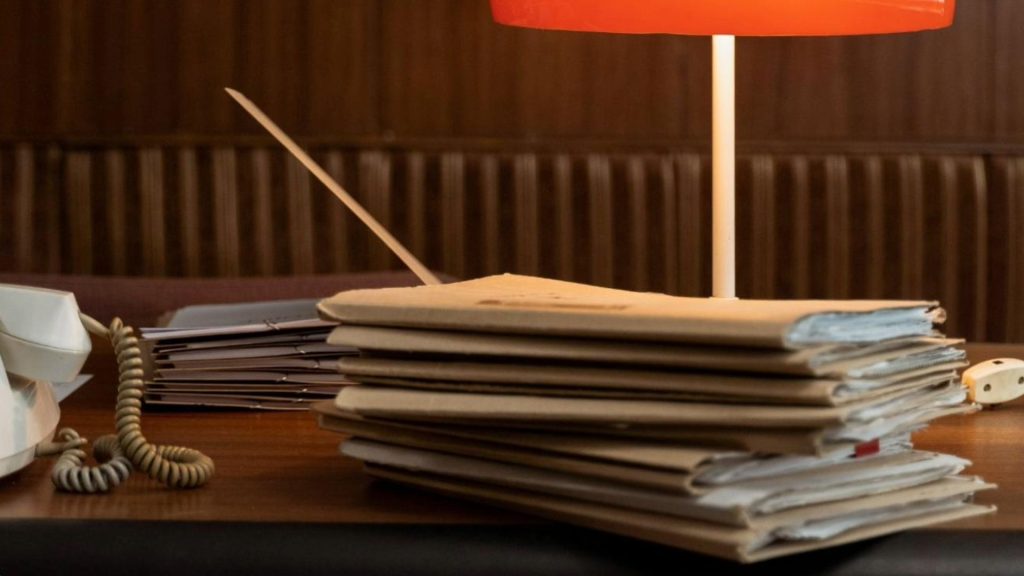
The summary states further, “Specifically, it is alleged that Donald Trump made or concerned false business records to hide the true nature of payments to Michael Cohen, by characterizing them as payment for legal services rendered pursuant to a retainer agreement.”
Gag Order Imposed On Trump
Merchan recently extended a gag order on Trump after he mentioned the judge’s daughter and criticized her on social media.

Trump is upset about this development. He said on Truth Social that the judge is “taking away my First Amendment Rights.”
No One Can Claim To Be Above The Law
Trump has tried claiming presidential immunity. Trump has argued that the presidency would be compromised if former officeholders could be criminally prosecuted for their actions after leaving office.
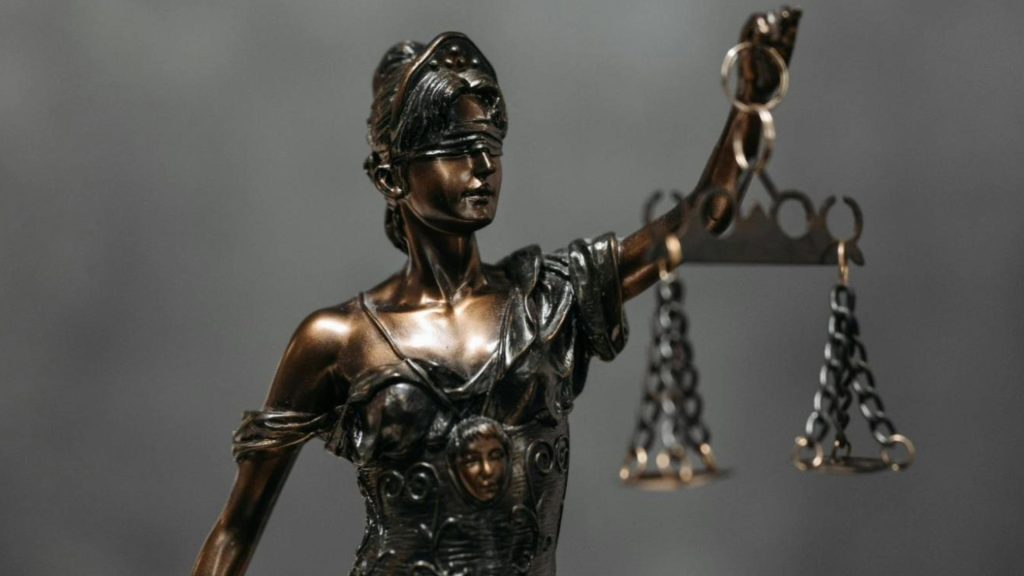
Countering such an argument, special counsel Jack Smith stated, “The effective functioning of the presidency does not require that a former president be immune from accountability for these alleged violations of federal criminal law. To the contrary, a bedrock principle of our constitutional order is that no person is above the law – including the president.”

